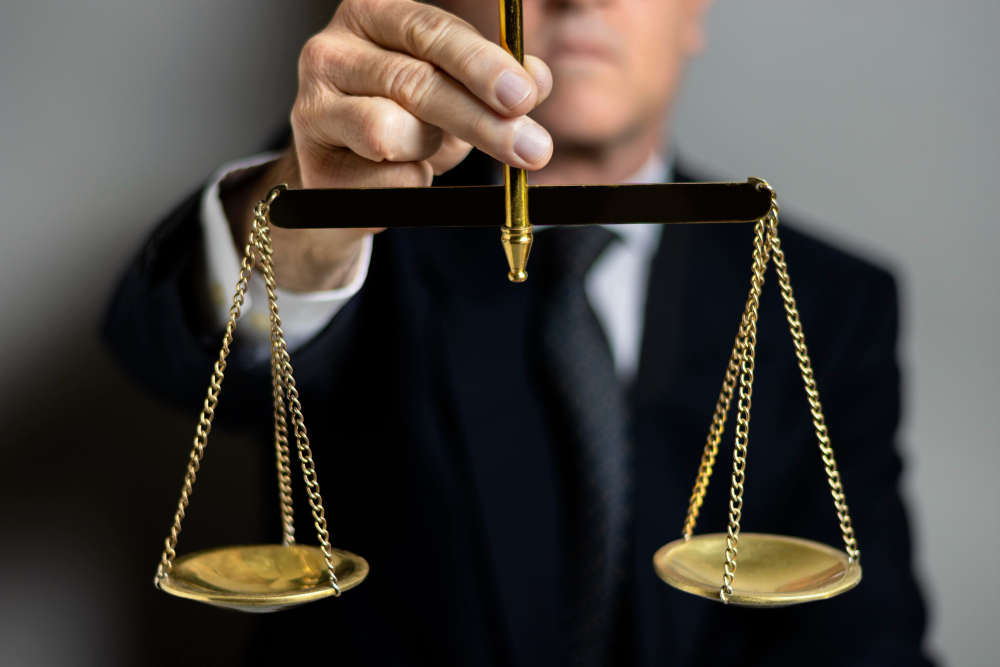
The legal community as well as the general public have been debating and discussing the practice of granting senior positions to advocates. Proponents emphasize its significance in recognizing the highest standards and expertise in the legal profession, while opponents claim that it may appear arbitrary and unjustified.
The RJS Coaching in Jaipur focuses on the fact, that the Senior Advocate in some countries, is a title granted to advocates who have proven to have great legal knowledge, exemplary ethical conduct, as well as significant experience in the field of law. This title usually comes with special courtroom attire, including a robe and bands, indicating the advocate’s prestigious status.
Senior positions actually aim at recognizing and rewarding excellence rather than limiting an advocate’s freedom. Senior advocates tend to handle an extensive variety of matters and represent an array of clientele across multiple jurisdictions, all the while staying committed to battling for the best outcomes for their clients.
Section 16: The Advocates Act
It says that the senior positions may be granted by the Supreme Court and the High Courts, which also states that there shall exist two categories of advocates, that is, senior advocates as well as other advocates.
Section 23 (5): The Advocates Act
It says that senior advocates are entitled to pre-audience over other legal professionals, and the extent of their pre-audience inter se will depend upon how senior they are.
Journey to Enhance Expertise
According to the expert teachers at RJS Coaching in Jaipur, the procedure of choosing senior advocates is mainly driven by an effort to advance excellence and expertise in the legal profession. Senior advocates need to possess an excellent track record in legal services delivery, an in-depth knowledge of the law as a whole, and unparalleled courtroom capabilities. Aspiring lawyers are inspired to aim for the highest possible professional standards and to strive for excellence by their designation.
Senior advocates often influence the development of law because of their involvement in significant cases and comprehensive understanding of former legal decisions. These individuals are required to debate significant and complex cases in court, which advances jurisprudence and fosters the growth of legal thoughts. Their involvement in these cases can be crucial in resolving difficult legal challenges, and their expertise is an essential asset for the judicial system.
Contentions Raised by the Parties
- Petitioners’ Contention: Comparing the senior position to the historical idea of Queen’s Counsel in 18th-century England, the petitioners expressed concerns about the setting up of a privileged group of advocates and argued that, in the end, such a system hampered fair treatment for the vast majority of litigants who were unable to afford the services of a senior advocate. While maintaining that this approach leaves behind a large percentage of “meritorious” lawyers.
- Respondent Contention: The respondent gave his own experience, stating that he initially gave up on his profession after hearing that the only individuals who would succeed were those who had a “godfather.” He also contended that Article 14 of the Constitution of India had been infringed by the existing rules, especially those put in place following the 2018 ruling in the Indira Jaising case.
Ruling of the Judiciary: Supreme Court
- The RJS Coaching in Jaipur discusses the case of Mathews J. Nedumpara & Ors. v Union of India & Ors., by highlighting that the petitioners claimed that the junior members were treated unfairly as a result of providing the senior position were likewise rejected by the court as well and many first-generation lawyers have established themselves and achieved senior designation.
- The Supreme Court referring to the case of Indira Jaising v Union of India, determined that there had been nothing arbitrary or contrived about the procedure that was used for providing the senior position to advocates. According to the statement, the division of advocates into senior and non-senior categories was rational and based on standardized merits.
- On October 16, 2023, the Supreme Court recognized the constitutionality of Section 16 and Section 23(5) of the Advocates Act of 1961 and upheld the practice of recognizing senior advocates.
Senior positions are bestowed to advocates on an ongoing basis and are not arbitrary or irrational in nature. It is a long-standing custom in the legal field aimed at recognizing distinction, knowledge, and advancements in the field of law. Despite the fact that there are open procedures for oversight and clear standards for assessment, the procedure’s fairness is guaranteed to be respected in favour of deserving advocates.
Senior advocates in the constantly shifting legal sector are crucial for upholding the most stringent professional standards and expanding jurisprudence. Within the legal community, the procedure of recognizing senior advocates shall continue to be an amplifier of encouragement and professional development throughout the years as the process for choosing them is kept thorough and impartial.









